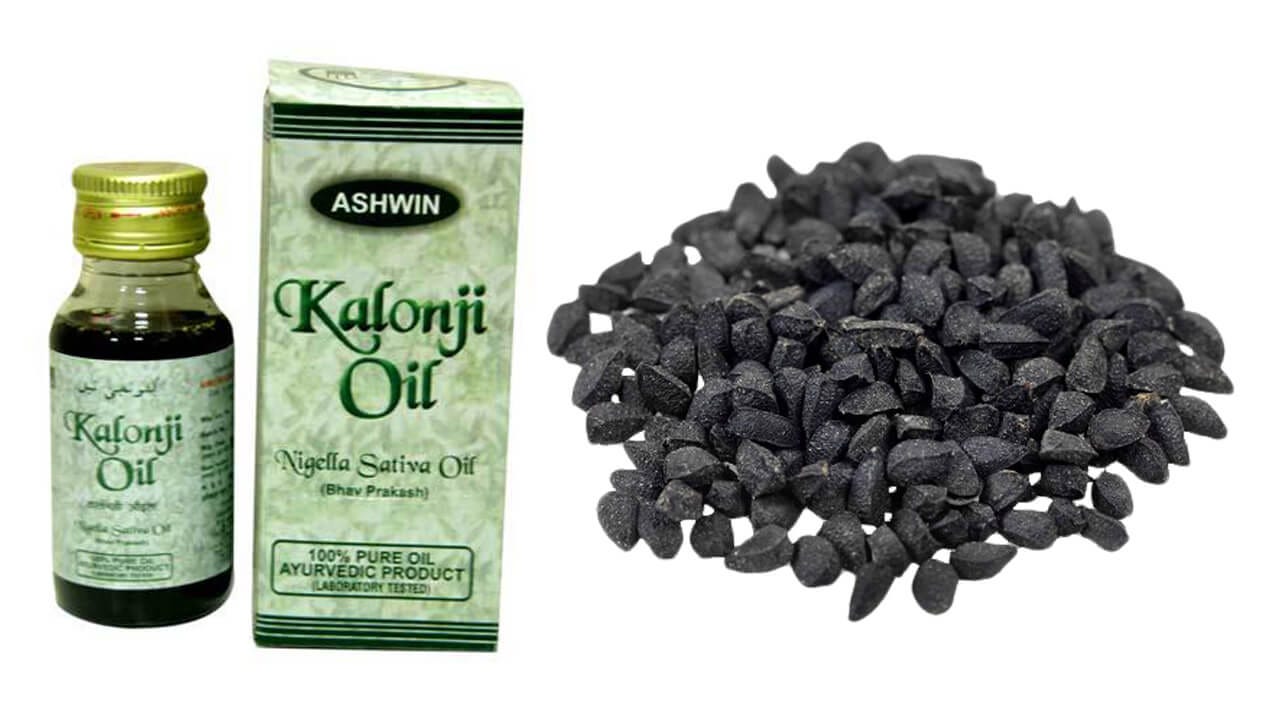While olive, coconut and avocado oils have become mainstays in many pantries, black seed oil is also making its way onto shelves as a food and medicine. It contains compounds that have shown anti-inflammatory, antioxidant and liver-protective benefits.
Studies also show that the compound thymoquinone may support weight loss, improve skin conditions and heal wounds. Add it to broths, soups and salad dressings or take it as a supplement.Anti-inflammatoryBlack seed oil is packed with anti-inflammatory compounds that have been shown to lower oxidative stress and improve the immune system. It may also alleviate symptoms of common dermatological conditions like psoriasis, vitiligo and eczema.Adding black seed oil to your diet may help with seasonal allergies, such as hay fever. One small study showed that when people put diluted black seed oil drops in their noses, 9 out of 10 reported that their itchy eyes, stuffy nose and other allergy symptoms improved or went away.It’s possible that this is due to the thymoquinone found in black seed oil, which has anti-inflammatory and immune-boosting properties. However, more research is needed to confirm this. If you’re considering adding black seed oil to your diet, it’s best to talk to a doctor first to make sure it’s safe and at what dosage. Taking too much could result in gastrointestinal distress or allergic type rashes. It’s also important to look for a high-quality product that is 100 percent pure and therapeutic-grade.AntimicrobialBlack seed oil contains anti-fungal, antibacterial and antiviral phytochemicals like thymoquinone, thymohydroquinone, dithymoquinone, carvacrol, p-cymene, and longifolene sesquiterpene. Its phenolic compounds also provide antioxidant, anti-inflammatory and immune-boosting benefits.Research has shown that thymoquinone, the primary phytochemical in black seed oil, can significantly reduce the growth of leukemia cells and breast cancer cells. Additionally, a study conducted by Sidney Kimmel Cancer Center found that thymoquinone can help kill off pancreatic cancer cells.Black seed oil can be taken in capsule or liquid form as a supplement and added to meals, or used directly on the skin as a natural skin care product. However, since research on supplements is limited, it’s best to speak with a healthcare professional about your supplement use and check-in about how your supplements may interact with medications. Additionally, it’s important to purchase cold-pressed and organic Black seed oil that’s third-party tested and verified for quality. This ensures that the oil is safe for internal consumption and can safely be applied topically.AntioxidantBlack seed oil has powerful antioxidant properties and can help combat free radicals that damage cells. This helps protect the body from diseases like cancer and may prevent the aging process. It’s also known to have anti-inflammatory benefits and can be used to treat conditions like psoriasis, according to one study in the Journal of Tropical Medicine.Its thymoquinone and thymohydroquinone content are thought to be responsible for many of the benefits of Black seed oil. For example, one study in the Avicenna Journal of Phytomedicine found that oral feeding of black seed oil significantly reduced oxidative stress in patients with rheumatoid arthritis and enhanced liver function and bile secretion.Other studies have shown that black seed oil can improve insulin sensitivity, which can help manage blood sugar levels. It may also be helpful in lowering blood pressure. Additionally, studies suggest that black seed oil could be effective in treating bronchial asthma by inhibiting inflammation in the lungs.NeuroprotectiveThymoquinone is the main component in black seed oil and is thought to be responsible for many of its health benefits. It may protect against neurodegeneration and inhibit histamine release, thereby providing an antihistamine effect on the respiratory tract.Another possible benefit is that thymoquinone may protect against metabolic syndrome by lowering blood pressure and cholesterol levels. However, more research is needed to determine whether these effects can be reproduced in humans.Early research suggests that a combination of chanca piedra and black seed extract by mouth reduces pain in people with a sore throat and swollen tonsils (tonsillopharyngitis). Other studies show that taking black seed oil might relieve gas, abdominal distention, bloating, nausea or diarrhea caused by an overgrowth of the harmful bacteria H. pylori. This might be due to its anti-inflammatory, antibacterial and immunomodulatory properties (4). It is also believed to improve breathing in people with seasonal allergies by modulating the immune response.
